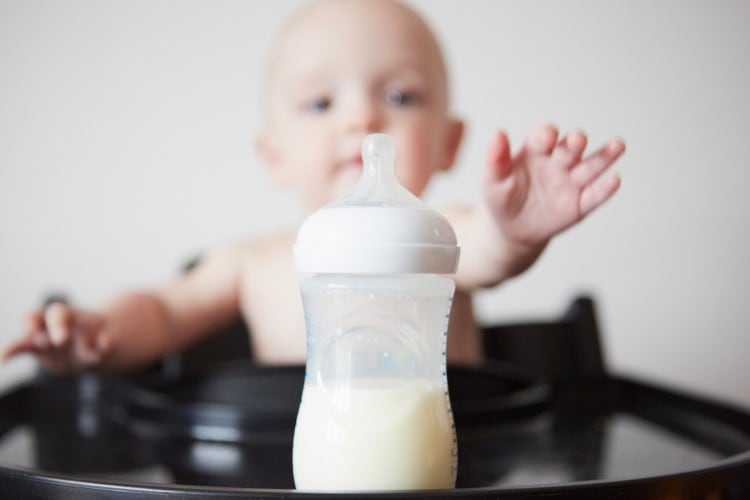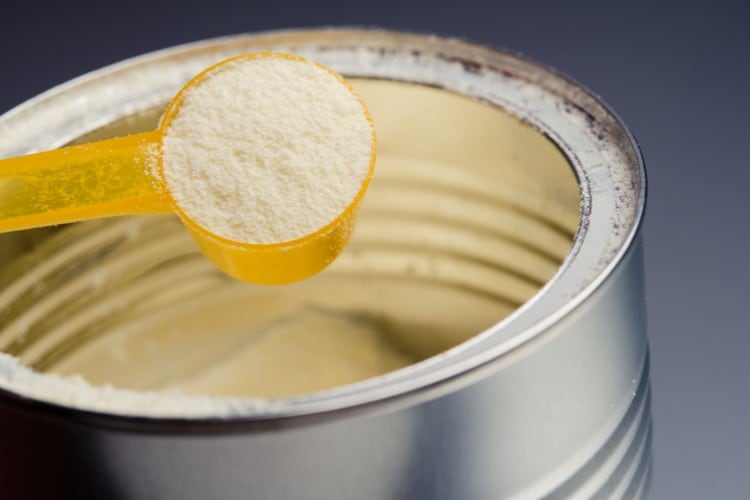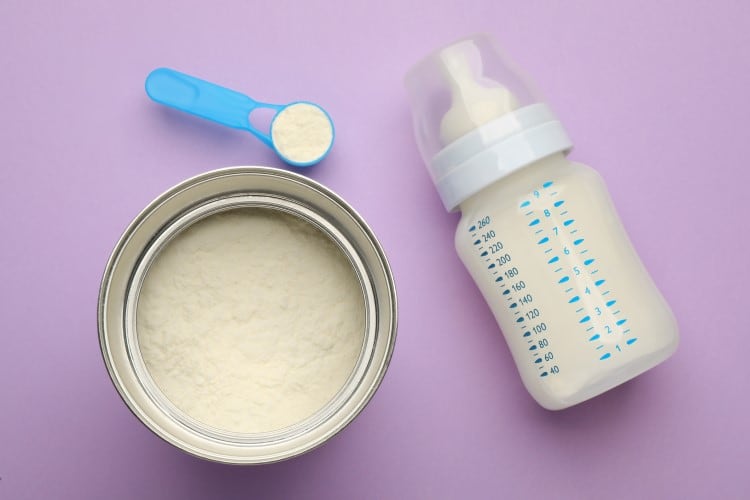As reported last week, Texas-based Dairy Manufacturers Inc. voluntarily recalled all batches of its powdered goat milk infant formula products after the Food and Drug Administration found none of them had fully complied with pre-launch registration requirements.
However, it has now been discovered that a sample of one of the recalled products had tested positive for Cronobacter spp., a bacterium that can cause life-threatening bloodstream and central nervous system infections such as sepsis and meningitis. In infants, symptoms of a Cronobacter infection include poor feeding, irritability, temperature changes and jaundice.
The contaminated product is Crecelac Infant 0-12 with an expiration date of 08/2025, a UPC of 8 50042 40847 6 and lot code 24 039 1 CHE 352-1. It was manufactured at Dairy Manufacturers’ Mexicana Sa De Cv plant in Monterey, Mexico and distributed in retail stores in Texas only throughout March, April and May 2024.
There have been no reports of illnesses related to the recall.
Dairy Manufacturers Inc. said in a statement: “Consumers with questions may contact the company at 1-972-347-2341 (Monday to Friday, 9:30 a.m. to 5 p.m. EST).
“We sincerely apologize for any inconvenience or concern this may cause and assure our customers that we are taking all necessary steps to ensure the safety, quality, and compliance of our products.”
How common are Cronobacter infections?
The Centers for Disease Control and Prevention (CDC) says that it receives between 2 to 4 reports of infections in infants per year, but statistics may be skewed because only two US states – Minnesota and Michigan – required formal reporting. This means that the true number of cases in unknown.
These rules changed in 2024, with US healthcare providers now required to report diagnosed cases of Cronobacter infections among infants to state or local public health officials.
Some strains of the germ, such as Cronobacter sakazakii, cause invasive infection in infants, causing symptoms including seizures, fluid build-up in the brain (hydrocephalus), developmental delay, and death.
Research has shown that Cronobacter infections are most common in infants less than two months old and often cause death. A CDC study estimated that around 20% of US infants and 40% of infants globally who developed meningitis or a bloodstream infection due to Cronobacter had died.
How does Cronobacter end up in infant formula?
According to the FDA, Cronobacter thrives in very dry environments, including in low-moisture foods such as powdered milk and infant formula, starches and tea. It has also been found in feeding tools such as breast pumps.
The bacterium is naturally found in the environment and may end up in formula if it comes in contact with contaminated surfaces or has been improperly stored.
In 2022, a Cronobacter sakazakii contamination discovered at Abbott Nutrition’s manufacturing plant in Sturgis, Michigan led to a large-scale formula recall and the temporary shut-down of the manufacturing facility of one of the largest US infant formula producers.
The FDA could not formally link the cases of illness with the firm’s products, but its findings raised concerns about the safety of the powdered infant formula products and the facility they were made in.
The regulator has since formulated a strategy to help prevent future illnesses linked to powdered infant formula consumption. Measures include strengthening regulatory activities, reviewing infant formula production rules and testing requirements, and improving communication to consumers about how to safely prepare and store powdered formula.




